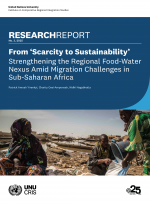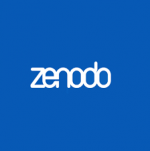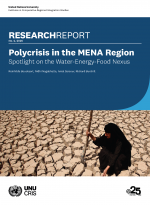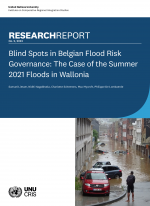Supporting Sustainable Mining Practices and Pathways in the Congo Region
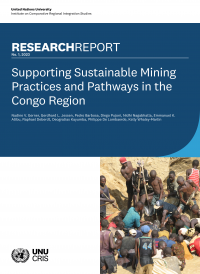
Achieving sustainability in natural resource mining is a persisting challenge. On global and local scales, a wide-scale shift across the mining industry and interconnected governing bodies towards sustainability is required. For emerging nations, such as the Democratic Republic of the Congo (DRC) and the Central African regions in general that historically lacked effective governance in the mining sector, industrial mining actors and agencies should bear responsibility. In particular, they should be urged to employ best practices that limit the exacerbation of pre-existing environmental and socio-economic issues and support building community resilience as well as nature resilience. For mining industries operating in a host country, there is importance in implementing global mining standards voluntarily and efficiently (e.g., health and safety standards, water quality guidelines, and stakeholder involvement). This is particularly important in settings like the Congo region, where complex social, political, and cultural dynamics exist. The need for standardized best practices remains critical to protecting the natural resources and ensuring the water, food, and income security of the region. Reports of conflicts between the mining actors and the local communities regularly exist in emerging nations where these Standard Operating Procedures (SOPS) are poorly defined and/or enforced. Establishing effective governing bodies can help the mining industry act as a catalyst for positive change if they exercise transparency and their environmental and socio-economic responsibility.
In support of the above argument, we have underlined a set of best practices anchored to four “Fields of Actions” (FoA) (i.e., designing integrated approaches, facilitating multi-stakeholder collaboration, instituting regulatory norms, and putting in place protocols for planning, monitoring, and evaluation). The suggested strategy encompasses the adoption of landscape perspectives while integrating community participation and capacity building, as well as efforts to foster continuous collaboration between the mining industry and the scientific community. In addition, the framework strongly requires transparency and contingency planning for mining failures. Altogether, the action-oriented framework outlines dimensions that can contribute to developing a sustainable mining sector in the region and benefit stakeholders.
Reviewing the context at the national level, in 2018 the DRC adopted a revised mining code and improved mining-related regulatory norms to integrate the social and environmental implications of both large-scale and small-scale mining, calling for a promising shift toward responsible mining pathways. The emphasis on regulated stakeholder involvement (i.e., local communities), planning at the pre-mining stage, and prescribed environmental monitoring guidelines are vital ingredients. We suggest the option of independent scientific advisory boards to facilitate the organization of effective stakeholder involvement by the large-scale mining companies in the region to integrate unbiased technical expertise in planning and policy. Additionally, strong collaborative processes with the different levels of governance in the DRC (national, provincial, local) and transparent knowledge-sharing will be needed to positively influence the industry.
Measures like sensitizing the global community that utilizes commodities mined in the DRC, such as cobalt in electronic devices and electric vehicle batteries, can play a significant role in demanding that product origins are socially and environmentally sustainable. In addition, mining companies can positively impact operational transparency by creating and maintaining easy-to-navigate open-access platforms for easy dissemination of information about mining activities. Although resource extraction activities like mining are inherently unsustainable due to finite resource availability, it is anticipated that operations conducted with globally developed standards could contribute to increasing the welfare of states, communities, and regions that are either directly involved or indirectly impacted. Together, we envision rigorous social and environmental diligence toward ensuring the sector’s sustainability.
Vision
The paradigm in the use and extraction of natural resources is shifting. Higher standards must be set for climate, water resources, biodiversity, human rights, the supply chain and raw materials, leading towards a nature-positive value chain.
We define a set of best practices anchored to four “Fields of Actions” (FoA) (i.e., designing integrated approaches, facilitating multi-stakeholder collaboration, instituting regulatory norms, and putting in place protocols for planning, monitoring, and evaluation). Our vision, with its key focus areas, pushes strategic actions forward. It is crucial, especially in a world where issues are increasingly interlinked. Altogether, the action-oriented framework outlines dimensions that can contribute to developing a sustainable mining sector in the region and benefit stakeholders.

